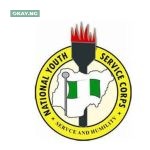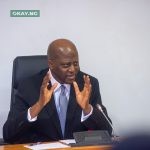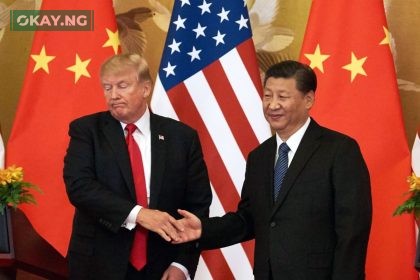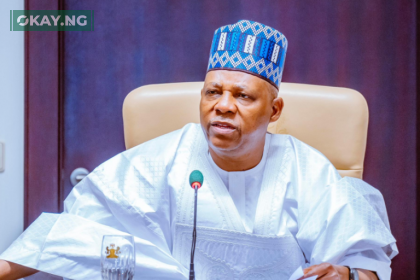Nigeria has taken a proactive step to align with the global community in embracing emerging technologies by signing a global act for the adoption of Sixth Generation Technology (6G) and other facilities related to Radio and Telecommunications.
Dr. Bosun Tijani, the Minister of Communications, Innovations, and Digital Economy, signed the act on behalf of Nigeria at the recently concluded World Radiocommunications Conference (WRC) 2023.
This decision, recorded as a landmark at the conference, is part of Nigeria’s commitment to staying at the forefront of technological advancements.
The 6G Technology Act encompasses both new and revised provisions of the Radio Regulations, an international treaty governing the use of the radio-frequency spectrum and satellite orbits.
Among the delegates attending the conference were Dr. Aminu Maida, the Executive Vice Chairman of the Nigerian Communications Commission (NCC), and Mrs. Jane Egerton-Idehen, the Managing Director of Nigerian Communications Satellite Limited (NigComSat Ltd).
The WRC-2023, held every three to four years by the International Telecommunication Union (ITU), is a global, inter-governmental treaty conference.
The agreements reached at the conference are documented in the Final Act, outlining the outcomes of discussions on agendas put forward by country administrations.
Reuben Muoka, the Public Affairs Director of the NCC, quoted the ITU, stating that the agreement to the updated Radio Regulations identifies new spectrum resources to support technological innovation, deepen global connectivity, increase access to space-based radio resources, and enhance safety at sea, in the air, and on land.
Muoka added, “Among the decisions reached, the Conference also identified spectrum for International Mobile Telecommunications (IMT), which will be crucial for expanding broadband connectivity and developing IMT mobile services, also known as 4G, 5G and, in the future, 6G.”
The conference also earmarked new frequencies for non-geostationary fixed-satellite service Earth Stations in Motion (ESIMs) that provide high-speed broadband onboard aircraft, vessels, trains, and vehicles. These satellite services are essential in post-disaster scenarios where local communication infrastructure is damaged or destroyed.
Nigeria’s delegation at the conference included seasoned engineers and experts in telecommunications and satellite regulations and governance from the Ministry, NCC, National Broadcasting Commission (NBC), NigComSat Ltd, National Space Research and Development Agency (NASRDA), and Nigeria Airspace Management Agency (NAMA), among others.
Dr. Tijani expressed gratitude to the delegation for their sacrifices, acknowledging that they were made for the collective benefit of Nigeria’s future. He urged the delegation to prepare for future conferences, emphasizing the importance of preserving the country’s interests through capacity development, extensive research, and inter-agency collaboration.
Dr. Maida commended the delegation for collaborating in Nigeria’s best interest, highlighting the significance of the agreements reached at the conference for enhancing service quality, bridging the digital gap in rural areas, and aligning with global technological transitions to 5G and future 6G technologies.












